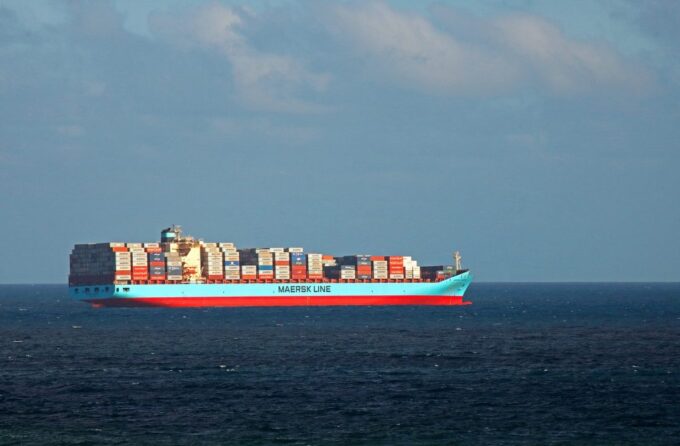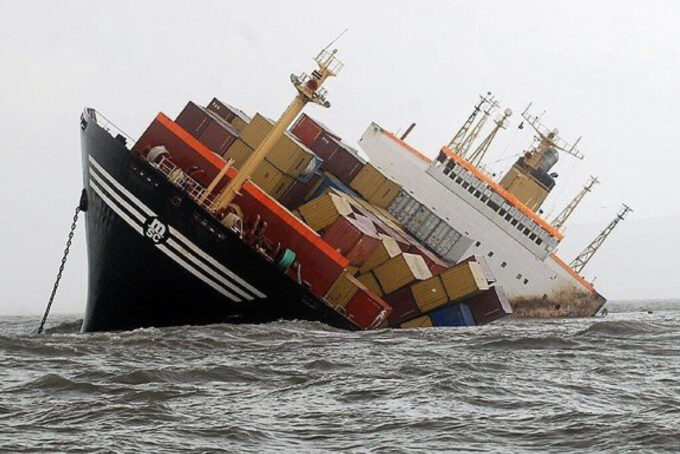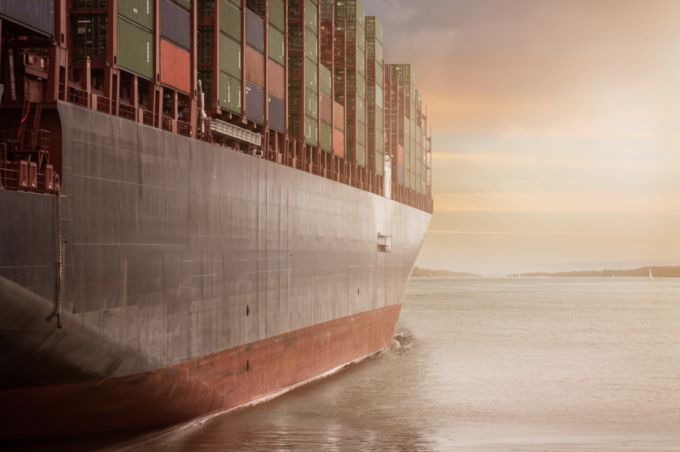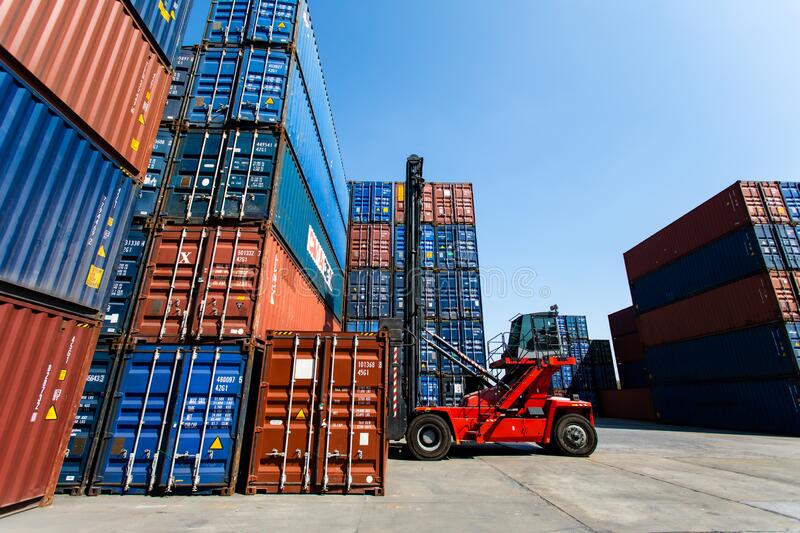Insurance for transporting products between countries is known as Import-Export Insurance. To ensure your company’s future success as an exporter or importer – maybe both – you must have the appropriate insurance coverage.
Risk management methods and Import and Export Insurance should be used if your business depends on importing and exporting goods and commodities to operate. Getting your items from their origin point to their ultimate destination is a lot more work because there are so many complicated transactions. It’s also worth noting the additional risks that arise when functioning globally. If something goes wrong, the repercussions can be disastrous for your business, your supply chain, and your company’s reputation. Importers and exporters should keep in mind the following:
- We need to know who is accountable for the items’ insurance and their terms of sale.
- Is there a requirement for Ocean Cargo Insurance in my case?
- As a business owner, how can Trade Credit Insurance benefit my company?
- Is it necessary for my business to have International Liability Insurance?
- Is my present approach to risk management and insurance sufficient?
If you’re selling anything, how will you get it insured?

The contract for the transfer of ownership dictates the terms of the sale. As defined by the International Chamber of Commerce (ICC) Incoterms, international buyers and sellers have responsibilities defined by these phrases. Import and export sales contracts establish the parties’ liability for the shipment of products, which are outlined in these terms. The contract terms specify when each party becomes financially liable for the products, which is an important consideration. The disagreement over ownership will end up in court if you don’t specify in the treaty when risk transfers.
As of 2020, there are 11 incoterms, with instances such as:
This means that the seller is responsible for the cost of the goods and their insurance and transportation. Because of this, it is the importer’s responsibility to secure transit insurance, according to Biscayne Risk.
If the products are lost or damaged in transportation, the supplier or client may be held accountable under the shipping term FOB, which means “Free on Board.” In international trade, the term “FOB” represents when a particular signatory takes possession of the items being traded.
In an EXW (Ex Works) transaction, the seller fulfills his responsibility to deliver the items to his premises after making them available to the buyer. The seller’s facility would be the primary center for the buyer’s responsibility for the items.
Why Do You Need Import Export Insurance?
Your organization may be liable for insuring the items from your supplier’s warehouse until they reach your facility or the location of your clients, depending on the conditions of sale. Ocean Cargo Insurance is a versatile form of import and export coverage that should be considered when looking for a comprehensive solution.
Anywhere in the globe, from one warehouse to another, commodities are covered by Ocean Cargo Insurance. For example, the coverage may cover consumer goods, chemicals, food, machine, metal, medications, and other perishables if they are damaged during transport.
What is Covered by the Ocean Cargo Insurance Policy?

Items Covered:
All legal items and products, as acknowledged by the carrier, are according to the policy’s terms and restrictions. Exhibits and salespeople’s samples may be included in the coverage and deliveries via air, land, and sea.
According to the conditions of sale, the Shipping Policy is meant to cover the shipping and inland transit from the origin point to the buyer’s facility at the end of the delivery process.
In general, if the Captain decides to jettison cargo for the safety and the well-being of the ship and its crew, the rest of the exporters of authority will be liable for making up the difference.
When it comes to Ocean Cargo, how are things valued?
The worth of the products is a significant element when determining the insured value in the case of a loss.
It’s cost, insurance, freight (CIF), and a pre-agreed percentage, also known as an advance that ranges from 10% to 20%, which covers any additional charges or expenses that may come up during the shipment. This ensures that the delivery is not delayed and has a greater chance of making it to the destination without incurring new costs.
Traditionally, insurers have provided the option to insure products at the selling price set by the customer.
How Much Does It Cost to Insure Ocean Cargo?

Cargo insurance premiums are based on several factors, including the following:
- The nature of the products being transported. Because perishable items are more prone to damage or disappearance in transit, they would have a greater loss rate than that of nonperishable commodities.
- Geography. Where are the things coming from?
- Storage needs, storage limits, and warehouse locations
- Coverages that can be selected at will
What Extra Ocean Cargo Insurance Options Are There?
Storage and transit exposures are combined into a single policy under the stock throughput approach to the risk management umbrella. Every stock and material in trade, no matter where you have insurance cover, is covered by this insurance indefinitely and completely.
As a result, if you ship on trade terms where your client is responsible for insurance and payment periods have been prolonged, Compensation for Unpaid Vendor offers you security if the other parties’ shipper is – not responding or your client refuses to pay.
Coverage added to a policy for high volume shipments such as grains and ore protects the party responsible for any deficit in mass or volume of the cargo and release.
Ocean Cargo Exclusions Include the Following:

Due to an inexplicable loss, the insurance will not offer coverage for certain items and commodities when they arrive at their destination or are unloaded from an open container.
When items are packed by the listed covered, they are essential for securing that they are properly prepared and packaged for shipment.
It is impossible to compensate for damage to products in transit caused by their inherent flaws.










